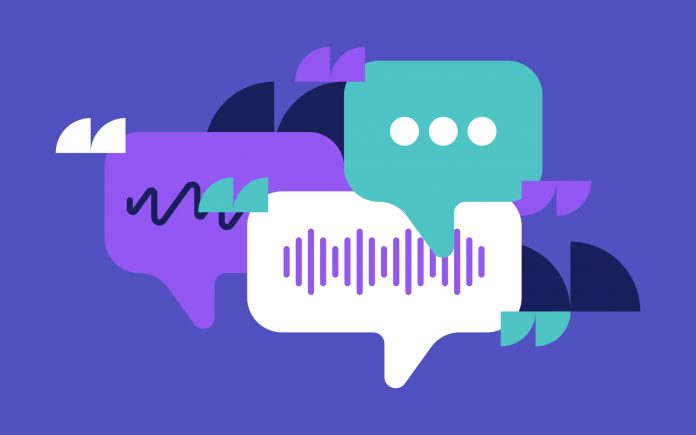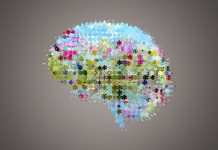In a groundbreaking achievement, researchers from UC San Francisco and UC Berkeley have successfully revitalised the ability to speak for a woman paralysed by reviving speech through artificial intelligence
This was due to a brainstem stroke, all thanks to a digital avatar controlled.
Unprecedented synthesis of speech and facial expressions
This remarkable feat signifies the first time in history that brain signals have synthesised speech and facial expressions. Notably, this cutting-edge AI system can promptly convert these signals into text at nearly 80 words per minute, showcasing the tremendous potential of reviving speech through artificial intelligence and improving accessibility.
Envisioning an FDA-approved communication system
Dr. Edward Chang, the chair of neurological surgery at UCSF, has been tirelessly dedicated to developing this revolutionary brain-computer interface (BCI) for over a decade. He envisions that this recent breakthrough, featured in Nature on August 23, 2023, will pave the way for an FDA-approved system that can harness brain signals for speech, ushering in a genuine communication solution for patients through reviving speech through artificial intelligence.
Unlocking the richness of speech and facial animation
The accomplishments of Chang’s team surpass earlier achievements, as they have decoded brain signals to re-create the nuances of speech and the dynamic facial movements that occur during conversation.
This innovation goes beyond conventional text-based communication, underscoring the transformative impact of reviving speech through artificial intelligence.
Reviving speech through artificial intelligence: Implantation and training
To realise this groundbreaking feat, Chang surgically implanted a thin, 253-electrode rectangle onto specific areas of the woman’s brain that govern speech. These electrodes intercepted the brain signals that once controlled her muscles for speech and facial expression.
Connected via a cable to a computer bank, this system seamlessly translated her thoughts into speech, exemplifying the power of reviving speech through artificial intelligence.
For weeks, the participant collaborated closely with the research team to train the artificial intelligence algorithms. Through repetitive recitation of various phrases from a 1,024-word conversational vocabulary, the AI learned to recognise her unique brain signals associated with speech.
This remarkable achievement, blending the realms of neuroscience and artificial intelligence, kindles hope for countless individuals with communication disorders, highlighting the pivotal role of resuscitating speech through artificial intelligence in revolutionising communication.











